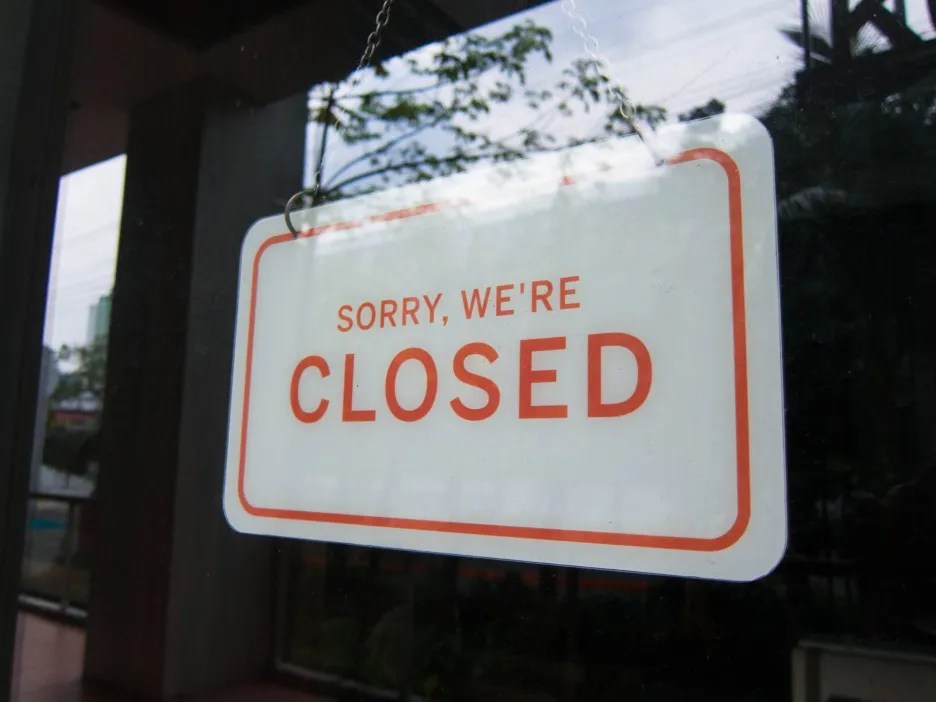Chipotle, the American fast-casual restaurant chain known for its customizable burritos and bowls, has recently closed its Watford branch, marking a setback in its UK expansion strategy. The closure comes just two years after the Watford location opened in June 2022, signifying a notable retreat as it was Chipotle’s first foray outside of London. While the company cited performance reviews as the reason for the closure, offering affected employees positions at other London branches, the move underscores the difficulties faced by restaurant chains venturing beyond the capital’s established market. The closure contrasts with Chipotle’s earlier ambitious growth plans, indicating a more cautious approach to expansion in the UK.
Chipotle’s journey in the UK began in 2010 with its inaugural restaurant on London’s Charing Cross Road. The initial expansion was rapid, with several more locations opening within the next few years. However, the growth pace significantly slowed afterward, suggesting challenges in replicating the brand’s US success in the UK market. Despite this, Chipotle reaffirmed its commitment to the UK, adopting a “stage gate” strategy to test new markets and refine its offerings based on local preferences. This approach allowed for a more measured expansion, leading to a total of 20 UK locations by January 2024. The closure of the Watford branch, however, signals a recalibration of this strategy, highlighting the complexities of navigating the UK’s competitive restaurant landscape.
The Watford closure comes amidst a broader trend of restaurant closures in the UK in 2024. Several prominent chains, including Greens, Karen’s Diner, Ibérica, TGI Fridays, Hungry Cow, Papa Johns, Wildwood, and Dim T, have shuttered locations or ceased operations entirely. This wave of closures reflects the ongoing challenges faced by the hospitality industry, including rising costs, changing consumer spending habits, and the lingering effects of the pandemic. These factors have created a difficult operating environment for restaurants, forcing many to reassess their strategies and make difficult decisions regarding their locations.
Chipotle’s menu in the UK features its signature build-your-own burritos, burrito bowls, quesadillas, salads, and tacos, with prices starting around £9.45. The chain also offers a selection of lifestyle bowls catering to various dietary preferences. Popular add-ins include guacamole, pico de gallo, cheese, and fajita vegetables, with chicken and steak being common protein choices. The pricing strategy positions Chipotle within the fast-casual segment, aiming to appeal to a broad customer base seeking customizable, fresh meals. The menu structure also reflects the company’s focus on providing a variety of options to cater to different tastes and dietary needs.
The UK hospitality industry has been facing significant headwinds in recent years. The cost of living crisis has impacted consumer spending, leading to reduced discretionary spending on dining out. This, coupled with soaring energy bills and inflationary pressures, has created a challenging environment for restaurants, particularly those with multiple locations. The pandemic also had a lasting impact on the industry, disrupting supply chains and altering consumer behavior. These combined factors have resulted in a number of restaurant closures, with some chains, like Byron Burger, going into administration. The industry is navigating a period of significant uncertainty, requiring businesses to adapt quickly to evolving market conditions.
Chipotle’s closure of its Watford branch serves as a microcosm of the broader challenges facing the UK restaurant industry. While the company’s initial expansion in London showed promise, the move beyond the capital proved more challenging. The closure suggests a more cautious approach to future expansion, as Chipotle evaluates its UK strategy in the context of a dynamic market. The broader trend of restaurant closures across the UK underscores the difficulties facing the hospitality sector, with rising costs and changing consumer behavior necessitating strategic adjustments for survival and growth. The future of the industry remains uncertain, requiring businesses to adapt and innovate to navigate the evolving landscape.


